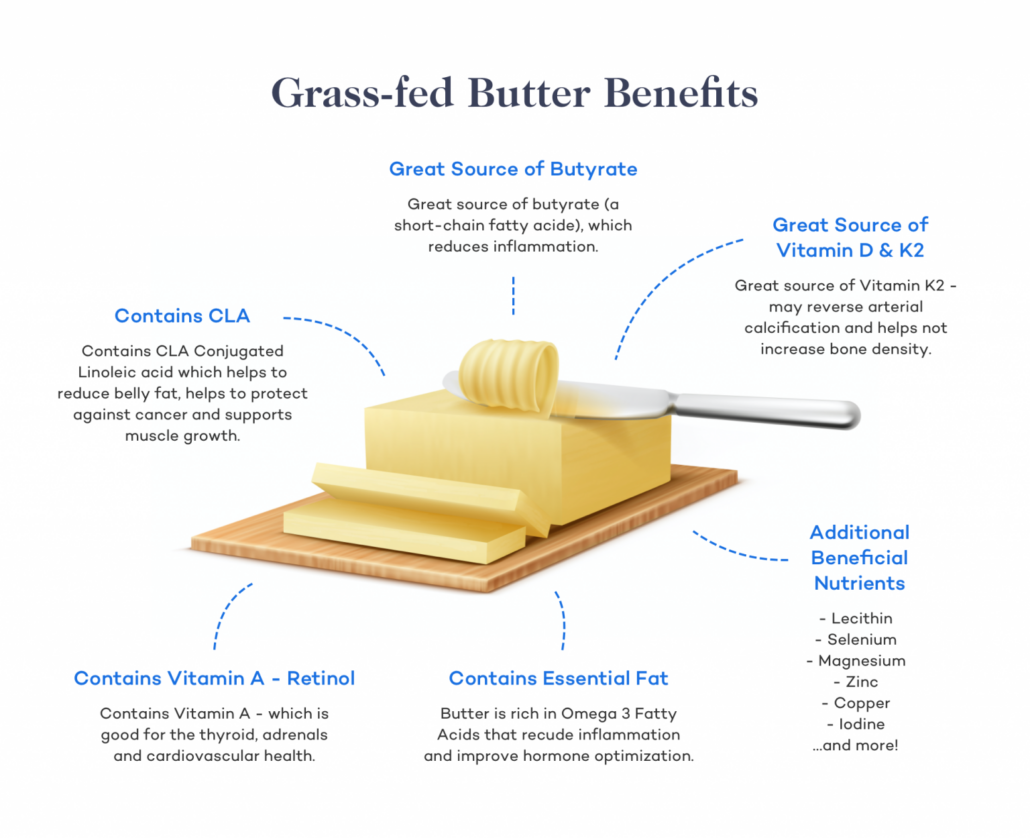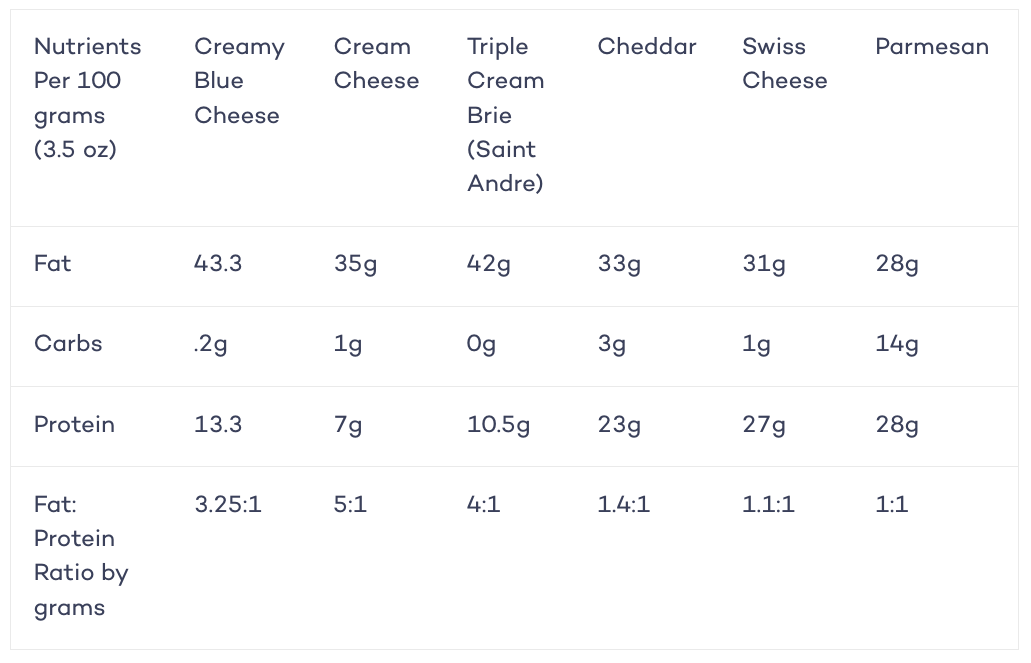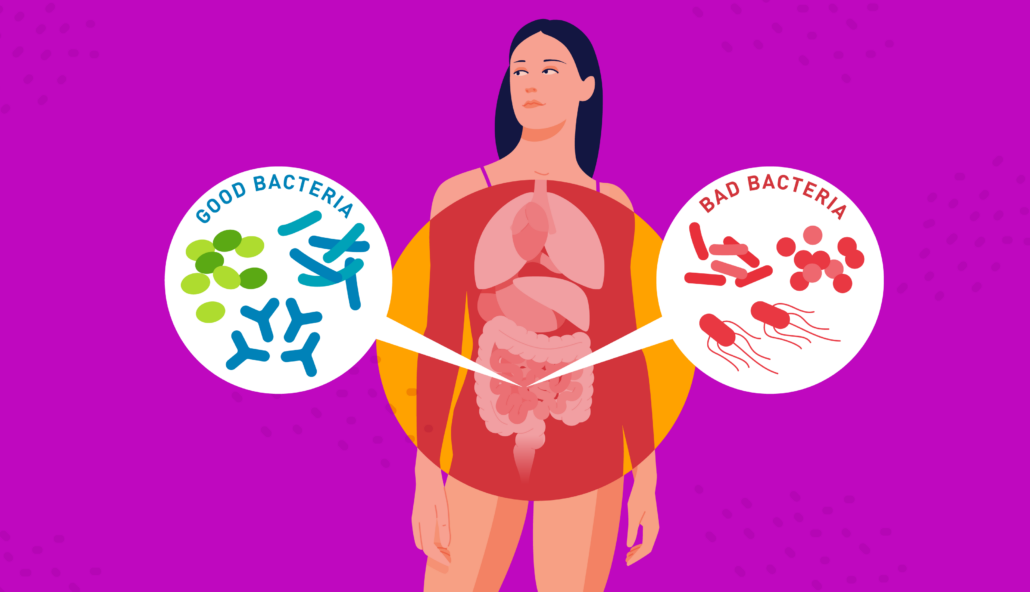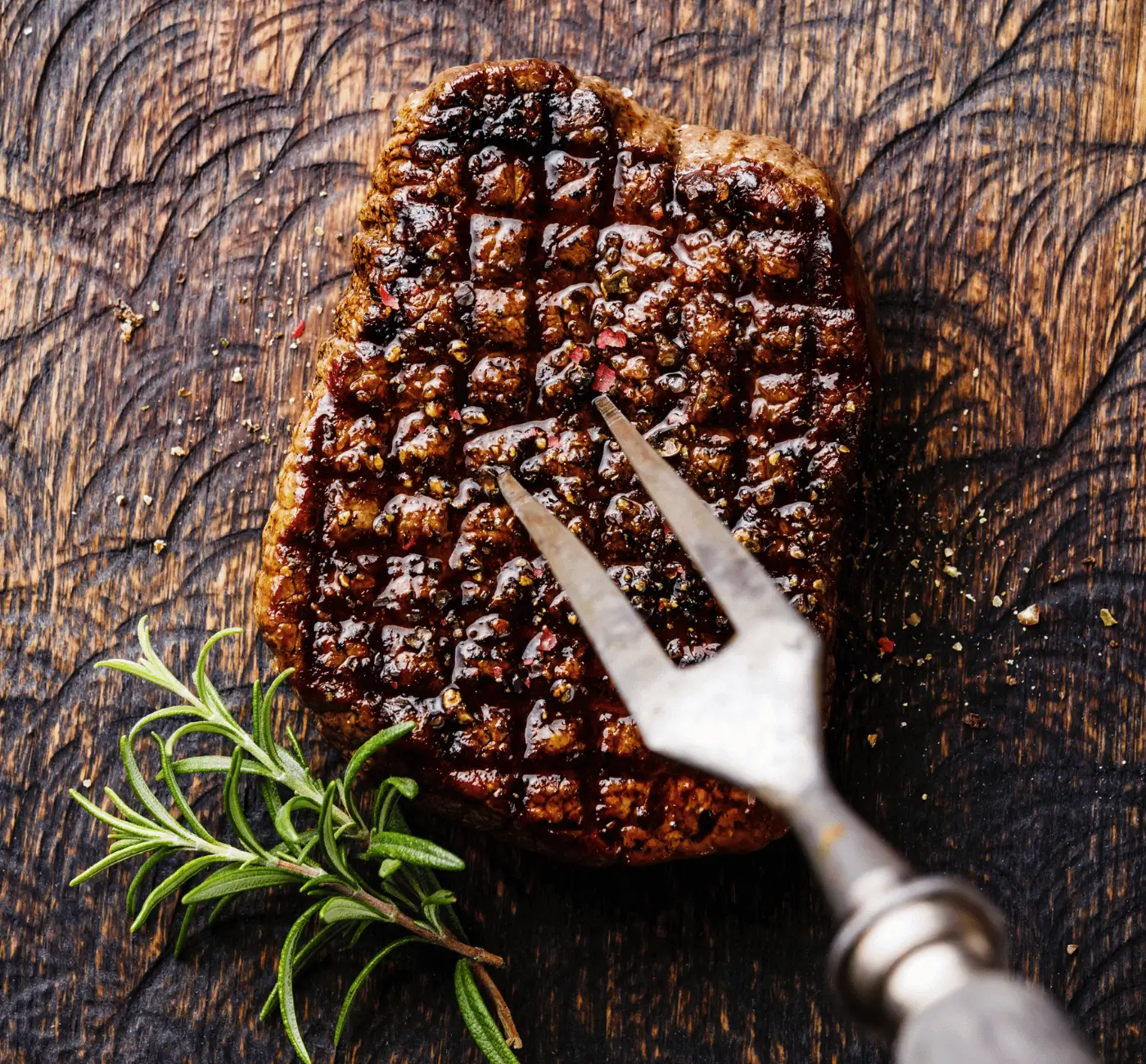
Think of the 3-Day Egg Diet as an “entry-level” keto experience. It’s too short to call it a true diet. So, is it worth it?
The 3-Day Egg fast may give you a sense of what it’s like to cut carbs and consume an abundance of whole fatty foods.
But it’s not really long enough to promote many of the studied benefits of low-carb, high-fat eating, like protection against certain cancers, neurological diseases such as Alzheimer’s, type 1 and type 2 diabetes, insulin resistance, and cardiovascular disease. [1] [2] [3]
In fact, three days might be just long enough to induce some of the side effects of a metabolic transition into ketosis, like headaches, low energy, and irritability. If you’re new to low-carb eating, it can take about a week for your body to adjust.
One benefit you will likely experience on the 3-Day Egg Diet is rapid weight loss from shedding water weight.
In this article, we’ll explore what a 3-day egg diet is, how to do it, and the possible benefits and drawbacks.
The 3 Day Egg Diet is a short-term variation on the longer 30-day egg fast keto diet developed by former keto podcaster Jimmy Moore in 2010.
Moore experimented with the diet when he discovered that eggs have a complete amino acid profile along with providing essential nutrients like B vitamins, vitamin D, the incredibly important and rare vitamin K2, and Choline.
The concept of the Egg Diet is simple– eat a bunch of nutrient-dense eggs. But the title is misleading. The 3-Day Egg diet includes keto butter and fatty cheese.
The idea is that these three foods provide lots of fat, moderate protein, and very few carbs. This is the recipe for any type of keto diet.
By focusing on eggs, butter, and fatty cheese, you don’t have to worry about counting your macronutrient intake.
Eggs, on their own, provide about twice as much fat as protein per calorie.
Variations of creamy cheese like blue cheese and triple cream brie can have a 6:1 fat-to-protein ratio.
Three days is the minimum amount of time it takes most people to transition from a high-carb Standard American Diet to a low-carb, high-fat diet.
It will take a few days for your body to rebalance electrolytes, upregulate bile to process the extra fat you’re eating, deploy the hormones necessary for triggering your body to breakdown fatty acids into ketones, and starve off the sugar-loving bacteria in your gut.
By eating only eggs, butter, and cheese for three days, you can be assured that you are giving your body exactly what it needs (macro and micronutrients) to make the transition.
After these three days, most people tend to add in other low-carb foods. There are various low-carb meal plans that you can choose from. These range from vegetarian keto and pescatarian keto to “carnivore” diets that add other nutrient-rich animal products while eliminating plant foods.

Jimmy Moore’s original egg diet rules have undergone countless tweaks over the years. There used to be a provision where you could enjoy three sugar-free soft drinks–but we know that diet sodas are unhealthy industrial products and that we’re better off without them.
All things considered, the consensus regarding egg diet rules looks something like this:
Though we already covered this above, it bears deeper exploration.
Since you’re only eating 3 foods, it’s important to eat the highest quality eggs, butter, and cheese that you can find. These will be

Pasture-raised eggs have the best nutrient profile. Organic is a standardized and easily accessible option, while labels like “hormone-free,” “farm-fresh,” “cage-free,” “antibiotic-free,” “natural,” and “fertile” mean little to nothing at all.
Compared with conventional eggs, pasture-raised eggs contain


Pasture-raised grass-fed butter has been shown to provide significantly more nutrients, including [4] [5] [6] [7] [8] [9]
Butter from raw milk contains a unique anti-stiffness factor known as the “Wulzen factor.” Modern research attributes this effect to the synergistic ways that fat-soluble vitamins E, A, and vitamin K2 co-activate to decalcify soft tissue, among other vital processes.

If you were to pick one cheese to gorge on during your 3-Day Egg Diet, make it creamy blue cheese.
Many types of blue cheese are loaded with between 2900 and 4700 special bioactive peptides. [10] [11]
These compounds have been found to offer powerful health benefits, from cardiovascular protection to reverse aging of your organs. [12]
One of these beneficial peptides, called spermidine, is especially concentrated in blue cheese at 262 nmol/g. [13] [14]

If blue cheese isn’t your thing, then it’s best to simply choose the creamiest cheese–but you may want to stay away from standard cream cheese since it’s generally highly processed.
Here’s a chart showing the fat/protein/carb ratios of some popular choices.


This part’s simple: EVERYTHING THAT IS NOT EGGS, BUTTER, OR CHEESE.
As we mentioned above, 3 days is a really short period of time to harvest the benefits of a dietary change.
That said, you’ll likely notice a lot of changes during these three days. These changes will likely be to your mood, energy, and digestion due to the transition from a carb-based Western diet to a fat-based egg diet.
You can mitigate uncomfortable side effects by drinking plenty of water and liberally adding extra salt to your meals.
Additionally, you will likely experience a couple of notable benefits even in this short time frame.
Studies have found that people on a ketogenic diet initially experience rapid weight loss of up to 10 lbs in 2 weeks.
This is largely due to a diuretic effect that occurs when your body releases glycogen stored in your muscles. Glycogen is a type of carbohydrate, and each single glycogen molecule is connected to numerous water molecules. So when your body releases glycogen, it flushes stored water. [15]
Though losing water weight will help you firm up in the beginning, staying with a low-carb, high-fat diet has deeper and longer lasting weight-managing effects.
One 2013 review of numerous studies found maintaining a diet with less than 50 grams of carbs per day offered much greater long-term weight loss than low-fat diets. [16]
Eggs, butter, and cheese are all highly satiating foods. This means they’ll keep you feeling fuller for longer.
At the same time, the egg diet eliminates all processed foods that have been engineered to override satiety signals, triggering overeating.
A 2011 study found that people on a very low-carb, high-fat (VLCHF) diet experienced significantly reduced carb cravings compared with people eating a low-fat diet. [17]
In a 2011 study, the low-carb group had significant reductions in all-around hunger compared with a low-fat diet group. [18]
One of the most significant effects of the 3-day egg diet is that it starves harmful bacteria in your gut, helping your gut microbiome to reset.
This occurs because you’re eliminating all fermentable fibers and carbs–the fuel for proteobacteria. [19] [20] [21]
Studies have found that eliminating fermentable fibers also increases beneficial bacteriodetes in the gut. These helpful microorganisms reinforce the gut membrane and protect against harmful endotoxins. [22]

This sample menu will give you an idea of what an actual egg diet can look like in practice.
We confine eating to two large meals since these foods are so supremely satiating–it’s likely you won’t want to eat more than twice.
Meal 1
Meal 2
Meal 1
Meal 2
Meal 1
Meal 2
The 3-Day Egg Diet was designed as a turn-key approach to low-carb, high-fat eating.
For three days, you consume only eggs, butter, and cheese.
Sounds crazy, but you’ll get plenty of macro and micronutrients, and you won’t have to worry about macro-ratios or portion size.
Most people experience rapid weight loss due to the diuretic effects of ketosis. At the same time, another short-term benefit is the ability to reset your gut microbiome, which can help you overcome sugar addiction. The sugar-loving harmful bacteria in your gut will be starved to death and replaced with beneficial bacteria.
That said, if you’re really looking to take control of your health and wellness with a low-carb dietary intervention, stopping at 3 days would really be selling yourself short. You might as well add in ribeye steak and call it a carnivore diet. It will be healthier, more sustainable, and more delicious.
Type your email*
Submit




.png)
We’re a global community of seekers, healers, and doers committed to reclaiming health on our own terms. When you join the Kiltz Mighty Tribe (KMT), you’ll gain access to education, support, and collective wisdom.


